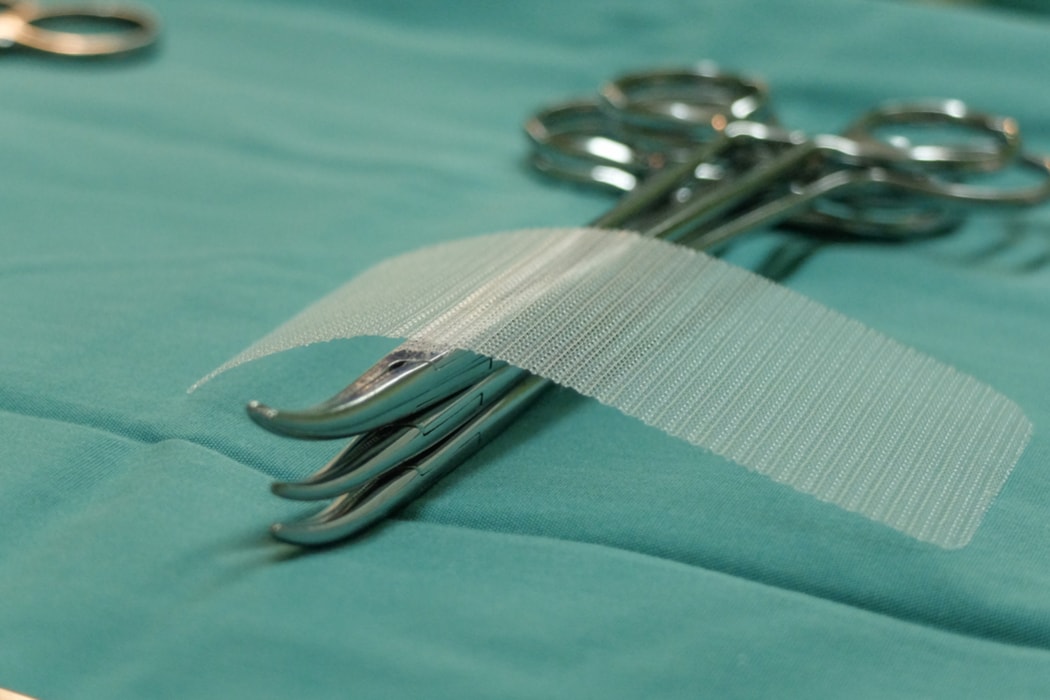
One of the most uncomfortable health problems a person can experience is a hernia. Hernias happen when an increase of pressure in the abdomen causes an organ or tissue to push against an opening or weakness within muscle or connective tissue/fascia.
Repairing a hernia surgically using synthetic or biologic mesh also happens to be one of the most common surgical procedures performed in the U.S. each year. Unfortunately, a percentage of those who have undergone a hernia surgery claims to have suffered severe complications directly linked to faulty hernia mesh products.
If you or a loved one underwent hernia repair surgery and now believe the mesh used caused injury to your intestines, bowel, or abdomen, thereby necessitating additional corrective surgery, please contact us for a free, no-obligation legal consultation. You may be entitled to compensation through a hernia mesh lawsuit to recover damages for medical bills, lost wages, loss of earning capacity, and pain and suffering
Hernia Repair Options
Doctors have different options for repairing various hernias:
- Sutures: this option is used to close the opening where the push through happened in the abdomen
- Surgical mesh: surgeons have used implantable synthetic mesh as a means of repairing hernias, and for many people, this has been a successful operation, for over 50 years
- Full-thickness skin grafts: this option is used in lieu of synthetic surgical mesh
There are two categories of hernia mesh: synthetic and biologic.
Biologic mesh is created from either donated human or animal skin. The synthetic mesh is man-made, often composed of polypropylene, polyester fibers, etc. Companies market synthetic hernia mesh as a safe alternative, reducing the length of time for both the procedure and subsequently, the recovery. Usually, the physician implants the mesh laparoscopically, rather than in an open surgical procedure.
The FDA issued the first recall of C.R. Bard’s Composix Kugel Mesh Patch, in 2005, because of the escalated reports of injury from patients who received the product for hernia repair. Following the recall, the manufacturer, Bard, redesigned the Kugel mesh to be “stronger”, and it returned to the market. In 2011, Bard settled with approximately 3,000 Kugel mesh claimants for $184 million.
Since then, other hernia mesh manufacturers such as Ethicon (subsidiary of Johnson & Johnson) and Atrium have also faced multi-million dollar lawsuits.
Common injuries caused by hernia mesh complications which have required revision surgeries to remove pieces of the faulty product include:
- Tears in the abdominal wall
- Punctured or perforated intestines
- Abscesses
- Intestinal fistulae
- Bowel obstruction or resection
- Peritonitis
- Allergic reactions
- Sepsis and/or adhesion of the mesh to the bowel
What Current Hernia Mesh Lawsuits Claim
Those who have filed hernia mesh lawsuits seeking a settlement for damages allege that manufacturers of the defective/dangerous product should be held accountable for one or more of the following:
- Defective design and/or manufacturing
- Failure to warn
- Loss of consortium
- Negligence
- Punitive damages
Revision Surgeries and Hernia Mesh Lawsuits
Did you suffer an adverse hernia mesh complication that required subsequent revision surgery? Contact Lerner and Rowe Injury Attorneys right away for a free case review. Or, visit our office during the week from 8:00 a.m. to 5:00 p.m.
We are also available to take your call 24/7 at (844) 977-1900. You can also feel free to take advantage of our LiveChat feature. Don’t go alone and trust that we will help you every step of the way or get justice for your pain! You pay no fee unless you win compensation from a hernia mesh lawsuit.



